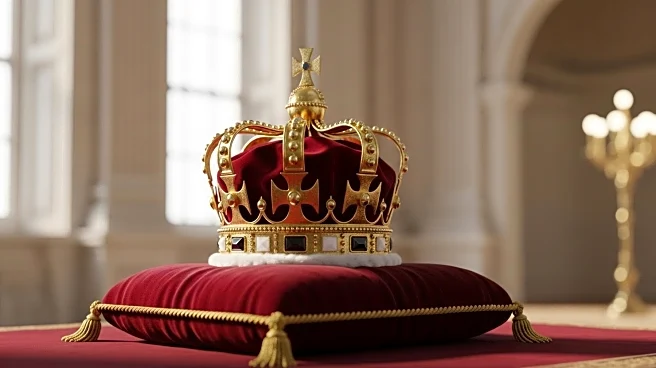Budapest, the capital of Hungary, stands as a testament to the country's rich cultural and political history. As one of the largest cities in the European Union, Budapest has played a pivotal role in shaping the region's economic and cultural landscape. Its strategic location on the Danube River has made it a hub for trade and cultural exchange, influencing not only Hungary but also the broader European context.
Scope of Legacy
Budapest's legacy is deeply intertwined with its historical architecture and cultural heritage. The city is renowned for its stunning buildings, including the iconic Parliament House and Buda Castle, which reflect its historical significance. These landmarks serve as reminders of Budapest's role as a center of power and culture in Europe.
Pivotal Contributions
Throughout its history, Budapest has contributed significantly to the arts, sciences, and politics. The city's universities and research institutions have been at the forefront of innovation, producing notable figures in various fields. Additionally, Budapest's vibrant arts scene has influenced European culture, with its theaters and galleries showcasing Hungarian talent.
Enduring Influence
Budapest's influence extends beyond its borders, impacting European politics and culture. The city's role in the European Union highlights its importance as a political and economic center. Its cultural festivals and events attract visitors from around the world, further cementing its status as a global cultural hub.
U.S. Relevance
For U.S. audiences, Budapest offers a unique perspective on European history and culture. Its rich heritage and modern developments provide insights into the complexities of European politics and society. American tourists and scholars often visit Budapest to experience its historical sites and engage with its vibrant cultural scene.

 Discover Daily
Discover Daily 







